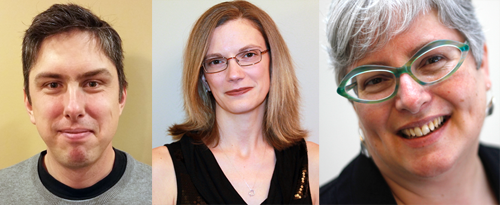Improvisation, Adaptability, and Collaboration: Using AUMI in Community Music Therapy
DOI:
https://doi.org/10.15845/voices.v16i3.834Emneord (Nøkkelord):
Adaptive design, Digital instruments, Youth culture, Improvisation, Universal designSammendrag
Adaptive Use Musical Instrument (AUMI) is a digital instrument that facilitates independent music making for people with diverse ranges of mobility. Employing the camera tracking capabilities available on most digital devices, users with even very little voluntary mobility are able to create and perform music by controlling a visual cursor within adaptable parameters to trigger sounds. Instead of requiring players to conform to an instrument, AUMI’s flexibility enables it to adapt to divergent artistic impulses and individual bodies. Building on previous studies that examined AUMI in an educational setting (Oliveros et al. 2011) this article presents three case studies that explore AUMI’s use in a community music therapy context. In addition to assessing the instrument’s effectiveness in achieving specific music therapy goals, ethnographic research methods illuminated various socio-cultural implications of integrating digital instruments into a music therapy setting that challenge conventional notions of youth culture, independence, and collaboration. We conclude with a discussion of the notions of adaptability and universal design as they apply not only to AUMI’s functionality in the music therapy sessions, but also in view of the instrument's ongoing development.

Nedlastinger
Publisert
Hvordan referere
Utgave
Seksjon
Lisens
Articles published prior to 2019 are subject to the following license, see: https://voices.no/index.php/voices/copyright

